As talks intensify about the possible decline of the Houthi militia amid increasing regional and international strikes, a central question arises: who will fill the void if the group collapses?
And which party is qualified to manage the capital Sana’a and northern Yemen after years of absolute Houthi control?
This report reviews two complementary visions—though differing in timing and mechanisms—about the post-Houthi future; the first from a senior government official affirming the readiness of state institutions, and the second from a political analyst who believes that discussing an “alternative” is premature before the battlefield conflict is resolved.
A Clear Government Vision for Post-Houthi Yemen
Osama Al-Sharmi, Deputy Minister of Information in the Yemeni government, told “An-Nahar” that the government has clear and comprehensive visions regarding Yemen after the Houthis. He explained that the political leadership has worked over past years to rebuild state institutions, both at the local authorities and central institutions levels.
He added: “These central institutions have managed the liberated areas, which constitute the majority of Yemen, with very limited resources. However, they have accumulated the capacity to manage these areas during the past period. Whenever a new area is liberated, it is managed through state institutions, their personnel, and decisions. On this basis, there is no significant problem in the post-Houthi era.”
Legitimacy and Tribal Coordination
Al-Sharmi pointed out that the legitimate government enjoys close relations with tribes, both inside Houthi-controlled areas and outside them, noting that this aspect received early attention from the legitimate leadership even before the Houthi coup.
He explained that “unlike the legitimate government, the Houthi militia pressures tribes, blackmails them, and tries to forcibly recruit them, which has caused tribes to suffer severe domination. This confirms that coordination with tribal communities in Houthi areas benefits the legitimate government.”
Military and Police Readiness
Regarding security control in the capital Sana’a, he clarified that the matter involves two integrated aspects:
- First, the military dealing with the remnants of the group, which will be handled by the Yemeni army in all its formations.
- Second, the police aspect, where the government relies on former police forces in Sana’a, those established in liberated districts, alongside security leadership in the Interior Ministry.
He said: “The police forces currently operating under the valid Yemeni law, even in Houthi-controlled areas, are extensions of state institutions, except for individuals who participated in suppressing citizens or directly collaborated with the Houthis; only those will be dealt with according to the law. Otherwise, there are no fundamental problems in this regard.”
The Fall Scenario Becomes Realistic
He indicated that the Houthis face multiple possible scenarios, all plausible, affirming that recent international strikes may open the door for sudden collapses within the group.
The Yemeni official concluded: “We might one day hear that operational and mid-level Houthi commanders were killed in a strike, causing severe confusion within the group and pushing it to retreat and withdraw. Therefore, the scenario of the Houthis’ fall in the near future seems highly likely, especially during this period.”
Air Strikes Alone Do Not Topple Armed Groups
On the other hand, Fathi Bin Lazraq, a Yemeni political analyst and head of the “Aden Tomorrow Media Foundation,” told “An-Nahar” that discussing a potential alternative after the Houthis is premature, considering that the group will not fall by airstrikes alone but requires a comprehensive ground military operation.
He added: “In all wars, no terrorist group has ever fallen by airstrikes alone. This group will only fall with a ground military operation reaching all the areas it controls.”
A National, Not Factional, Battle
He emphasized that the battle with the Houthis is not the responsibility of a specific political party but a comprehensive national battle requiring the cooperation of all political and military forces controlling liberated areas.
He added: “Even if the Houthis are militarily defeated, they have the right to transform into a civil political entity and participate like any other party in peaceful political life.”
No Popular Base
He stressed that the Houthis have lacked a genuine popular base for years, and what prolongs their presence is the weakness and failure of other parties.
He continued: “The Houthis have an exclusionary, sectarian, and racist project that the Yemeni people cannot accept. The people will not accept being third- or fourth-class citizens.”
A Project That Does Not Build a State
He sees many weaknesses in the Houthis, most importantly the absence of a unifying political project and lack of any program to build a state, provide services, or protect freedoms.
He considers that “the Houthis’ project does not establish a state, does not guarantee equal social presence, does not provide services, does not pay salaries, and does not respect any rights or freedoms.”



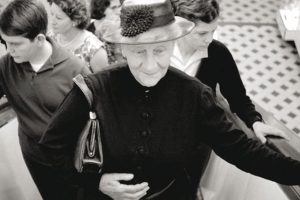

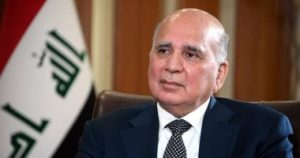

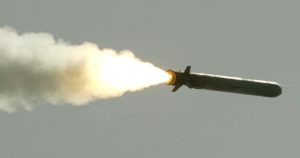
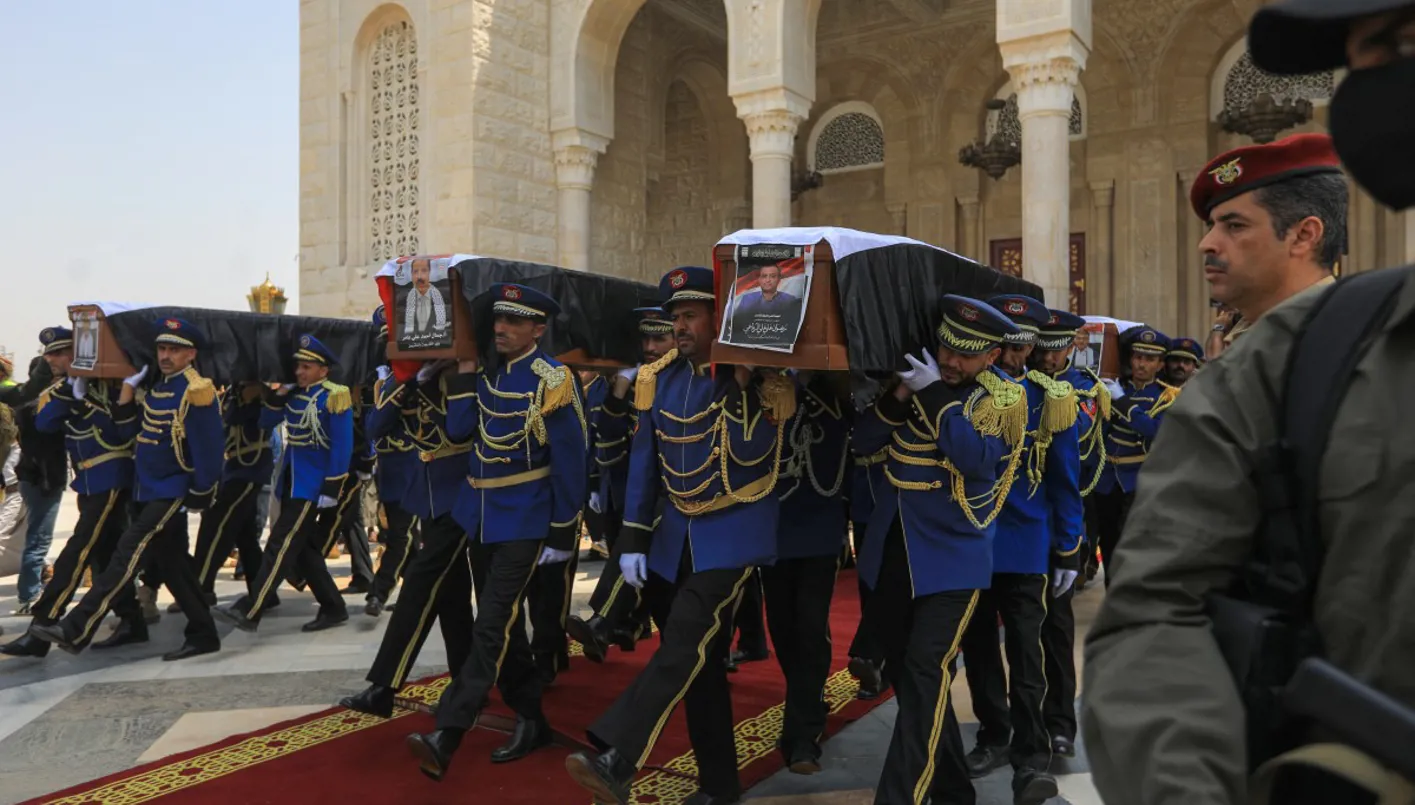
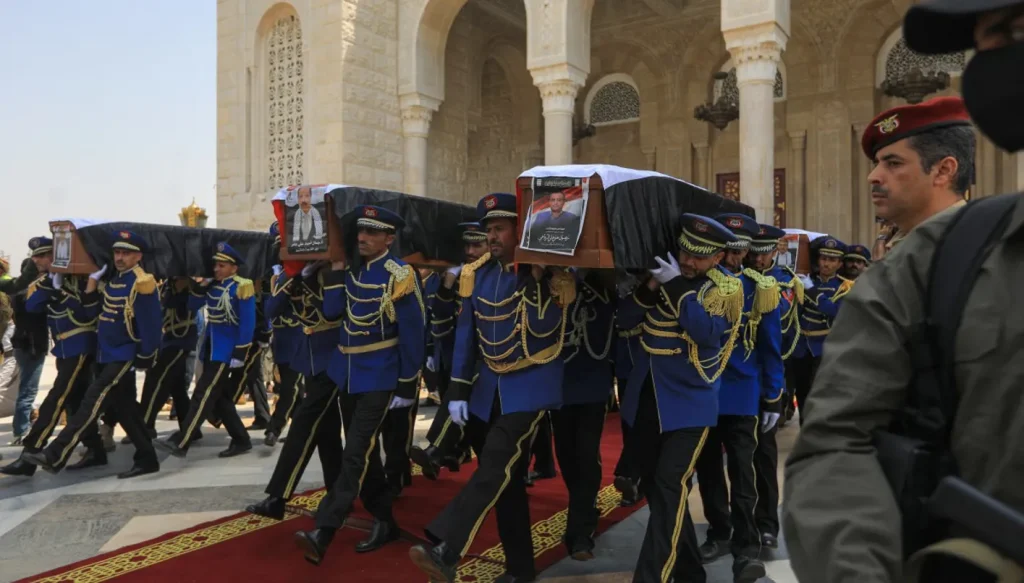




Recommended for you
Talib Al-Rifai Chronicles Kuwaiti Art Heritage in "Doukhi.. Tasaseem Al-Saba"
Exhibition City Completes About 80% of Preparations for the Damascus International Fair Launch
Unified Admission Applications Start Tuesday with 640 Students to be Accepted in Medicine
Egypt Post: We Have Over 10 Million Customers in Savings Accounts and Offer Daily, Monthly, and Annual Returns
Al-Jaghbeer: The Industrial Sector Leads Economic Growth
His Highness Sheikh Isa bin Salman bin Hamad Al Khalifa Receives the United States Ambassador to the Kingdom of Bahrain